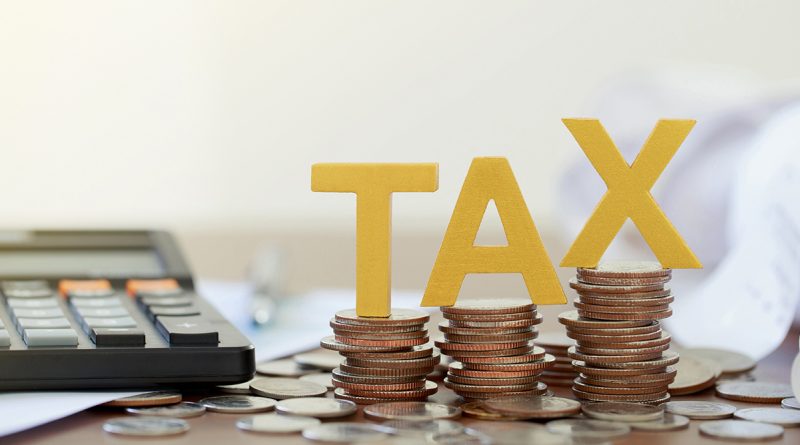Tax Bill Creates A Consumer Debt Of £51 Billion
July tax bills are causing consumers a lot of trouble this time. Moreover, it’s been estimated that those who are struggling to pay their taxes on time will rack up a staggering £51 billion in credit card, overdraft, and personal loan debt.
What’s the matter?
Nearly half of the self-assessment taxpayers struggle to remember when their payments are due. Moreover, this can catch some off guard when the next payment is due at the end of July.
So, people are struggling to track what they owe. As a result, 44% of self-employed Britons may need to rely on borrowing to make HMRC obligations. Besides, Credit Karma, a smart money platform, has made some vital assumptions about it. It states that rising living expenses have caused many people to run out of money before their next installment. All of these together have created a fine mess. As a result, self-employed consumers are now forced to rely on borrowing.
The after-effects of the pandemic and rising inflation
There had been a lot of relaxation on tax bill payments during the pandemic. However, now that governments around the world are taking steps to bring the economy back on its track, it’s affecting consumers a little. The removal of COVID extensions and the reduction of late payment penalties had previously been a lifeline for many self-employed people. But, now customers need to pay their installments carefully.
Besides, there’s inflation and the rising cost of living that are making tax payments a burden. The economy of the UK along with many European countries is going through inflation currently. As a result, the cost of living in the UK has been rising since early 2021. In July 2022, the yearly rate of inflation reached its highest level since 1982. This has had an impact on households’ capacity to afford goods and services. Moreover, the Consumer Prices Index (CPI) indicates that consumer prices were 10.1% higher in July 2022 than they were a year earlier.
Causes of higher inflation
One factor contributing to rising inflation has been increases in the costs of consumer goods. Strong consumer demand and supply chain bottlenecks are a reason behind it.
Additionally, with rising residential energy tariffs and gasoline prices, energy prices are a significant contributor to inflation. Domestic gas prices rose by 96% between July 2021 and July 2022. Meanwhile, domestic electricity costs rose by 54%. This is due in part to a return of world gas demand after the relaxation of the pandemic restrictions. Moreover, comparatively lower production of natural gasses is a cherry on top. So, now that there’s no breather when it comes to tax repayments, it’s surely going to put consumers into an uncomfortable situation.
How is it affecting the taxpayers?
Well, the July bill payment is going to leave many with huge debts. Even for those who have money saved up, the deadline will result in longer-term financial trouble. This is because those who qualify for self-assessment expect it will take them about four months to recoup from an average expenditure of more than £10,000.
Thus, the financial future for the self-employed seems dismal. 43% will have to make sacrifices on necessities like food to pay their bills. Meanwhile, billions in loans with interest owed to lenders are causing more than half of people who borrowed to make repayments to worry.
Taxes are becoming an unsustainable burden for many consumers as most feel the strain of rising prices on their finances. Moreover, one in six homeowners now uses PayPal to pay for stamp duty, which is another way to avoid paying taxes. When a deposit is required in cash, buyers use a credit card or PayPal credit to pay the remaining debt to move up the property ladder.
Credit Karma’s opinion
The findings, according to Credit Karma’s Head of Partnerships Akansha Nath, “create an unexpected financial pinch for many self-employed professionals due to the July deadline. Since COVID, this is one of the first self-assessment repayments that are due. Besides, this one is the first for which there is no longer any possibility of deferral or government help. However, many people are simultaneously coping with the effects of a crisis in the cost of living.
These tax repayments are not small amounts. So, those who simply don’t have enough cash on hand to pay their bill should make sure they’re using credit responsibly. It is advisable to shop around for the best offers available, find agreements where they can keep up with repayments, and boost their credit score as much as possible to make credit more affordable and accessible.




